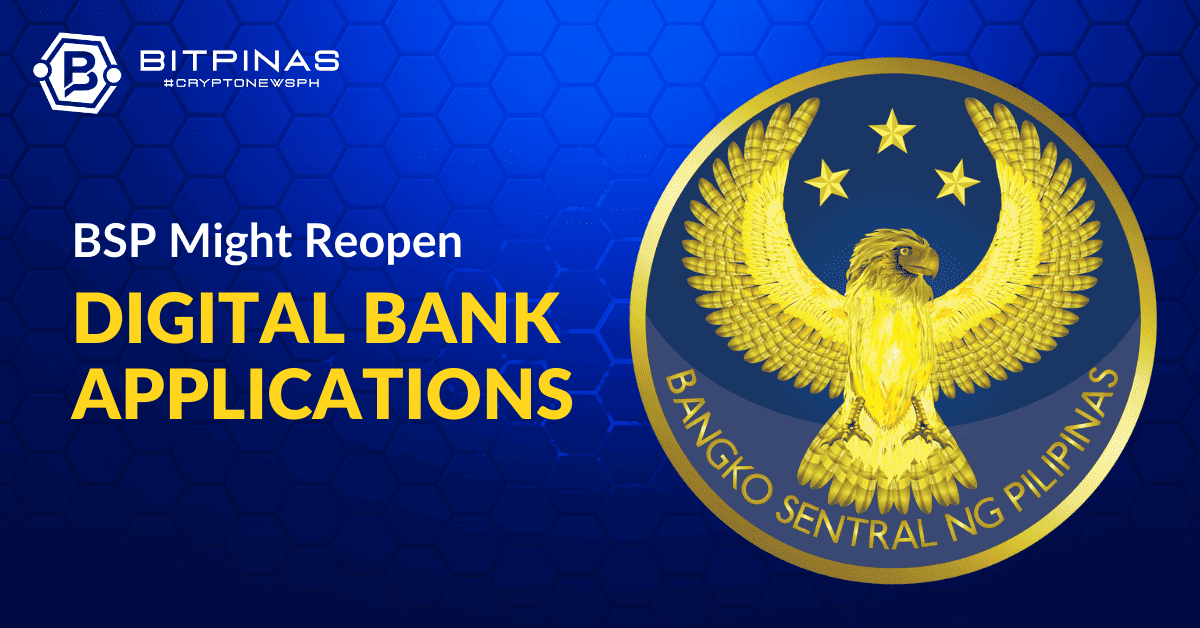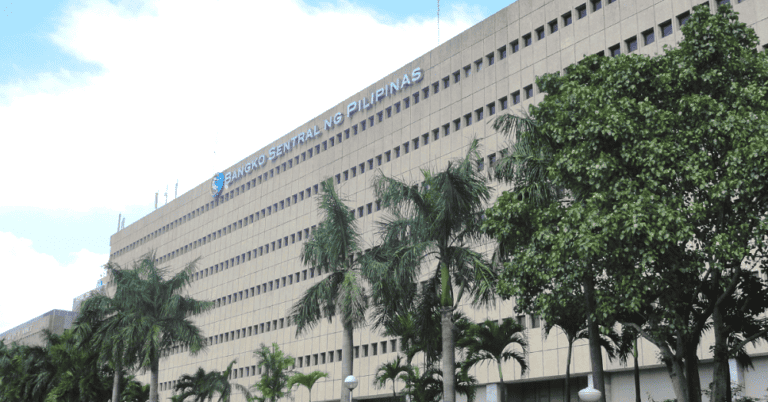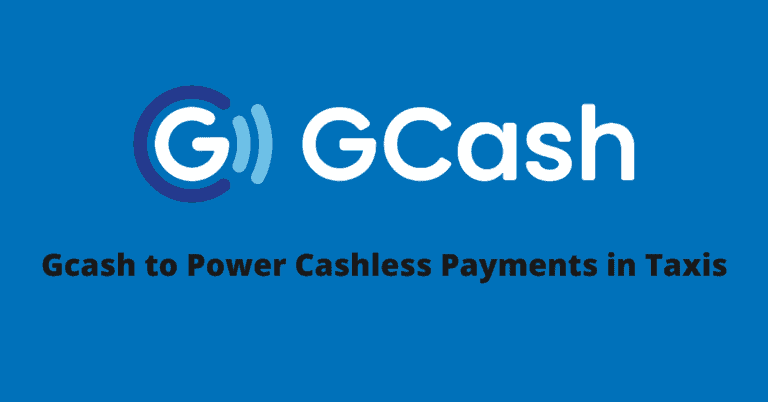BSP: Digital Bank License Applications May Reopen “Soon”
BSP considers reopening digital bank license applications due to strong interest

- Bangko Sentral ng Pilipinas (BSP) is considering reopening the application process for digital bank licenses due to significant interest from various groups, with the potential issuance of new licenses expected in the near future.
- In 2021, BSP imposed a three-year moratorium on digital banking licenses, limiting the number of digital banks to six, to gain regulatory experience. The reopening of applications is scheduled after December 2024, after the central bank monitors and learns from existing digital banks.
- The decision to lift the moratorium will depend on the results of the ongoing study of existing digital banks by BSP, with a focus on business models and regulatory capacity, as stated by BSP Governor Eli Remolona.
Bangko Sentral ng Pilipinas (BSP) Governor Eli Remolona said that the central bank is considering reopening the application process for digital bank licenses, as there is a high level of interest in them.
BSP still studying digital banks
At a press conference last October 11, the BSP chief revealed that there are numerous groups interested in obtaining digital banking licenses, and he expressed optimism that the BSP would be able to issue them “soon.”
“There are a lot of good players who are applying (for digital banking licenses). The ball is on our court… I’m hoping that we can begin issuing licenses again pretty soon,” Remolona said.
In 2021, the BSP imposed a three-year moratorium on the issuance of digital banking licenses, limiting the number of digital banks to six. The reopening of the application process is scheduled after December 2024. This was done to allow the central bank to monitor and gain experience in supervising digital banks.
A month after announcing the moratorium, former BSP Governor Benjamin E. Diokno stated that the window for applications may be reopened if there is a need for more neobanks.However, in June 2022, nine months after Diokno’s statement, Felipe M. Medalla, who preceded Remolona as BSP Governor, noted that aspiring digital banking applicants may still have to wait for two to three years before they can seek a license as the central bank still needs to improve its capacity to regulate these kinds of lenders.
“We’re looking at the existing ones. The six digital banks that have licenses. Essentially, looking at their business models, we’re learning… And then once we get more comfortable with business models, we will allow more licenses for digital banks,” Remolona said.
BSP Director Ma. Cynthia Sison said that the central bank is still conducting a study on the existing digital banks. She added that the decision on whether or not to lift the moratorium will be made after the study is completed.
Current Six Digital Banks
There are currently just six digital banks that secured BSP approval to operate in the country. These are:
- GOtyme of Robinsons Bank Corp.
GoTyme, a joint venture between the Gokongwei Group and Tyme, obtained its license in August 2021; it received its Certificate of Authority (CA) on July 29, 2022.
Recently, the digital bank shared that it is about to reach one million customers, attributing its success to swift customer onboarding and the trust associated with the Gokongwei brand.
According to its president and CEO Nate Clarke, GoTyme follows a “phygital” model aimed at providing a preferred banking experience to a wider customer base beyond the top 5 percent of the country. They are rapidly expanding their kiosk network, aiming to offer instant account opening and free debit cards. The digital bank also looks forward to launching credit, investment, and insurance products in the future.
- Maya Bank of PayMaya
The digital bank received its license on September 16, 2021 and was launched six months later on April 29, 2022.
In October 2022, Maya announced that it had reached a milestone of 1 million registered customers and had already accumulated ₱ 10 billion in deposits. A month prior, the firm reported that it had reached 650,000 customers and five billion pesos in deposit balances as of the end of July.
Moreover, also in 2022, PayMaya Philippines platform rebranded itself to Maya to include online banking services alongside e-wallet, cryptocurrency trading, and micro-investments.
In addition, Maya has recently soft-launched a new in-app feature called Maya Mutual Funds, which allows users to invest with a minimum of ₱50.
- Overseas Filipino Bank (OFBank)
OFBank secured its license on March 25, 2021. It is a government-owned and controlled banking institution in the Philippines. It was established to cater to the banking needs of overseas Filipino workers (OFWs) and their families.
OFBank was officially launched in 2017 as a subsidiary of the Land Bank of the Philippines, one of the country’s largest government-owned banks. It provides financial services to OFWs, such as savings accounts, remittance services, and banking products. It aims to make it easier for OFWs to manage their finances and send money home.
- Tonik Bank of Singapore
Singapore-based TONIK Financial announced it had acquired a digital banking license from the central bank in 2020–it is the first digital bank in the country.
As of June this year, the firm disclosed that it has onboarded over 1 million users three years after acquiring the first digital-only banking license.
Tonik Digital Bank also noted that it aims to address the $140 billion retail deposit and $100 billion unsecured retail lending opportunities in the country, according to its website. Moreover, the bank also plans to expand its services with cryptocurrency features and it is in the process of integrating with other individuals and entities in the crypto industry.
- UNObank of Singapore
The digital bank received its license from the BSP on June 3, 2021. According to its website, its deposits are insured by the Philippine Deposit Insurance Corporation (PDIC) up to P500,000 per depositor.
The neobank is owned by UNOAsia Pte Ltd, a Singapore-based financial technology company. UNO Digital Bank aims to offer a comprehensive platform for various financial needs, including saving, borrowing, transacting, protecting, and investing. In November 2022, the bank expressed its plans to introduce cryptocurrency services like buying and selling on its application by 2024. Cryptocurrency services are on their roadmap for 2024.
- UnionDigital of the Union Bank of the Philippines
UnionDigital, the digital banking arm of Union Bank of the Philippines, received its go signal on July 12, 2021 and was officially launched on July 18th. Four months after its launch, the bank revealed that it already has 1.73 million customers, reached $70 million in loan book size, and has collected $50 million in deposits.
UnionDigital Bank aimed to release the Philippine Peso UnionDigital stablecoin (PHD). Moreover, its CEO Ramon Vicente V. de Vera expressed that neobank aims to enter the non-fungible tokens (NFTs) market in 2022.
In August 2022, it signed an exclusive partnership with Singapore-based e-sports gaming company Nexplay to help Filipino gamers enjoy the convenience of using their digital financial services.
What are Digital Banks?
In November 2020, the central bank established digital banks as a distinct category, separate from traditional banks. Digital banks offer financial services solely through digital platforms and electronic channels, without physical branches.
To qualify, these digital banks must meet a minimum capitalization of ₱1 billion and adhere to fiduciary regulations, just like other bank categories, as per the BSP.
As of August 2022, all six digital banks are now operational after they all acquired certificates of authority (COA), the third and final step in enabling these financial institutions to begin full operations.
In September last year, the central bank approved changes in the establishment of digital banks and clarified their prudential requirements, licensing, and documentation, almost a month after all six digital banks began full operations. These changes, as outlined in Circular No. 1154, now allow the central bank to consider applications to set up thrift, rural, and cooperative banks with digital bank business models. Existing similar banks are given 5 years to meet the new minimum capital requirement by submitting a capital build-up program within six months.
This article is published on BitPinas: BSP: Digital Bank License Applications May Reopen “Soon”
Disclaimer:
- Before investing in any cryptocurrency, it is essential that you carry out your own due diligence and seek appropriate professional advice about your specific position before making any financial decisions.
- BitPinas provides content for informational purposes only and does not constitute investment advice. Your actions are solely your own responsibility. This website is not responsible for any losses you may incur, nor will it claim attribution for your gains.


![Lance Pormarejo, Gameworks.io [PH 2019 Crypto & Blockchain Year in Review] 4 Lance Pormarejo, Gameworks.io [PH 2019 Crypto & Blockchain Year in Review]](https://bitpinas.com/wp-content/uploads/2019/12/2019-Blockchain-and-Crypto-Philippines-13-3-768x402.png)


